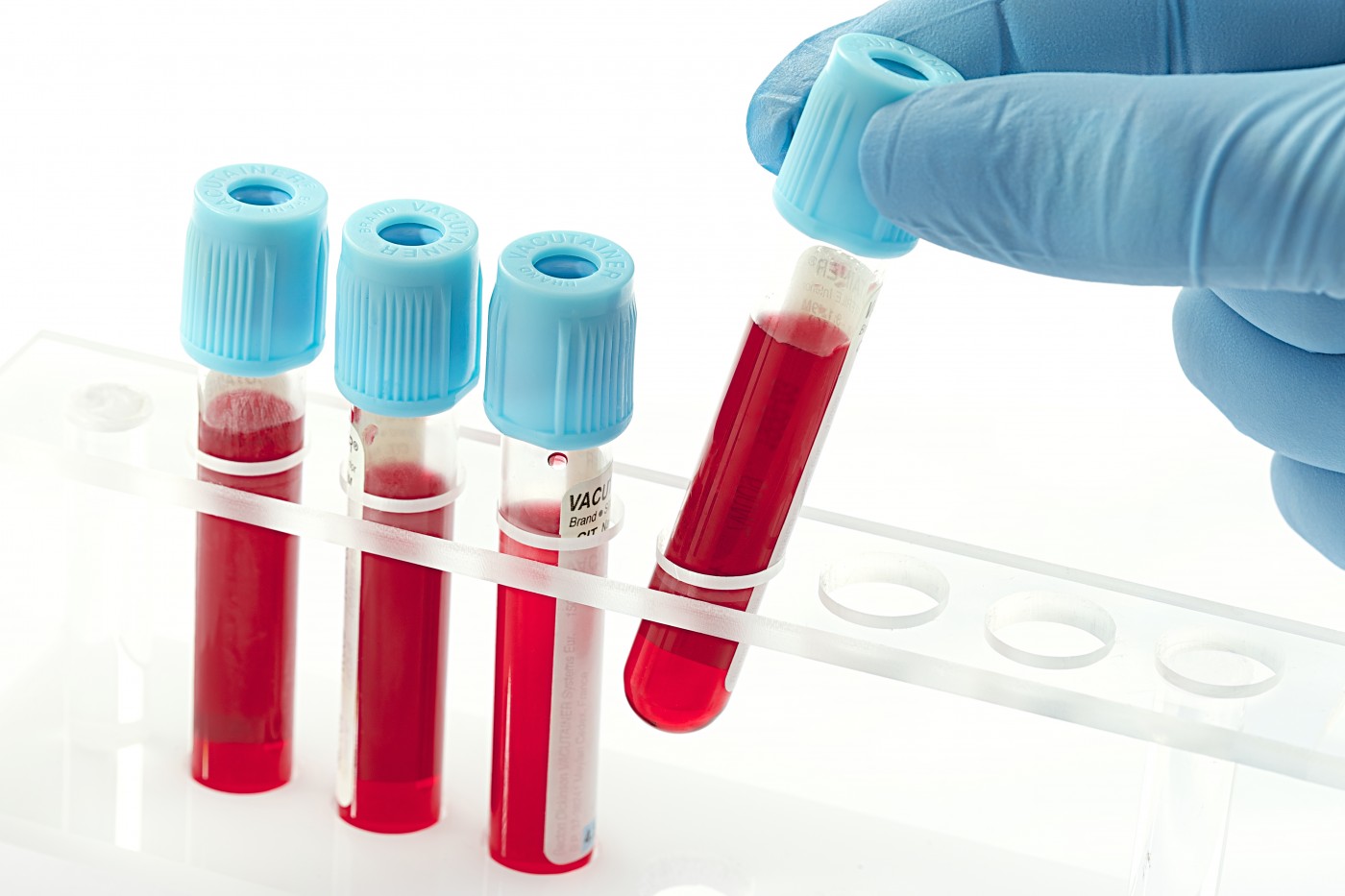 A multicenter phase-3 clinical trial study published in the journal Inflammatory Bowel Diseases, revealed that ferric maltol, a ferric iron compound, has the potential to be used as a new oral treatment for iron deficiency anemia in patients with inflammatory bowel disease (IBD). The study is entitled “Ferric Maltol Is Effective in Correcting Iron Deficiency Anemia in Patients with Inflammatory Bowel Disease: Results from a Phase-3 Clinical Trial Program”.
A multicenter phase-3 clinical trial study published in the journal Inflammatory Bowel Diseases, revealed that ferric maltol, a ferric iron compound, has the potential to be used as a new oral treatment for iron deficiency anemia in patients with inflammatory bowel disease (IBD). The study is entitled “Ferric Maltol Is Effective in Correcting Iron Deficiency Anemia in Patients with Inflammatory Bowel Disease: Results from a Phase-3 Clinical Trial Program”.
IBD is a chronic inflammatory condition of the digestive tract that primarily comprises Crohn’s disease and ulcerative colitis. IBD can, in certain circumstances, lead to life-threatening complications, such as iron deficiency anemia.
In the study, led by Dr. Christoph Gasche from the Medical University of Vienna, two similar randomized, double blind clinical trials were performed comprising several centers in the United Kingdom, Germany, Austria and Hungary. Patients with both mild-to-moderate iron deficiency anemia and Crohn’s disease, or mild-to-moderate ulcerative colitis, and had previous unsuccessful treatment using oral ferrous compounds were selected. Patients were given either placebo or oral ferric maltol (30 mg two times a day). Each of the two groups were comprised of 64 individuals. The treatment was performed for 12 weeks after a screening period of 1-2 weeks.
Researchers found, in the treatment group, a significant increase in their hemoglobin levels compared to the placebo group, with mean values of 1.04 g/dL at 4 weeks into treatment, 1.76 g/dL at 8 weeks and 2.25 g/dL at 12 weeks. At the end of the treatment, two-thirds of the patients exhibited normal hemoglobin concentration compared to patients given the placebo (66% vs 13%, respectively). Ferric maltol did not have an effect on IBD severity and in terms of safety profile, it was comparable to placebo.
Ferric maltol “provided rapid and clinically meaningful improvements in [hemoglobin] concentration, normalized [hemoglobin] in the majority of patients, and showed a favorable safety and tolerability profile,” mentioned the researchers. “The favorable gastrointestinal tolerability with ferric maltol compared with currently available oral ferrous iron products, which is at least in part due to the lower doses of elemental iron allowed by this novel iron-maltol complex formulation, suggests that it may serve as an alternative to intravenous iron therapy in patients with IBD.”
Despite these highly encouraging results, Dr. Gasche added that it is “too early for definitive conclusions,” and that “head-to-head trials will follow.”

